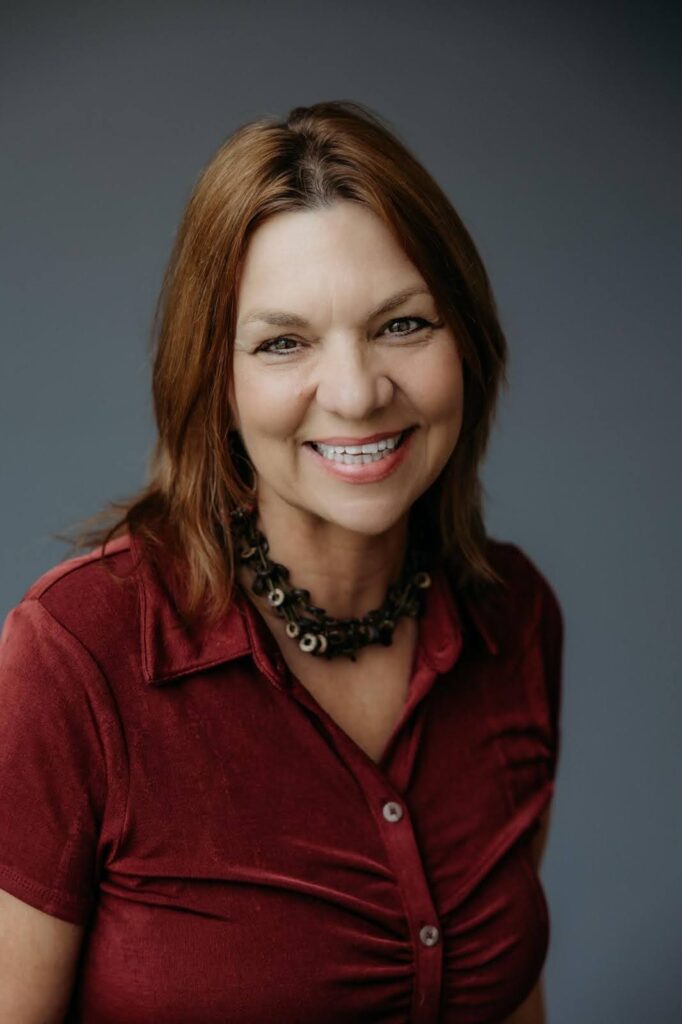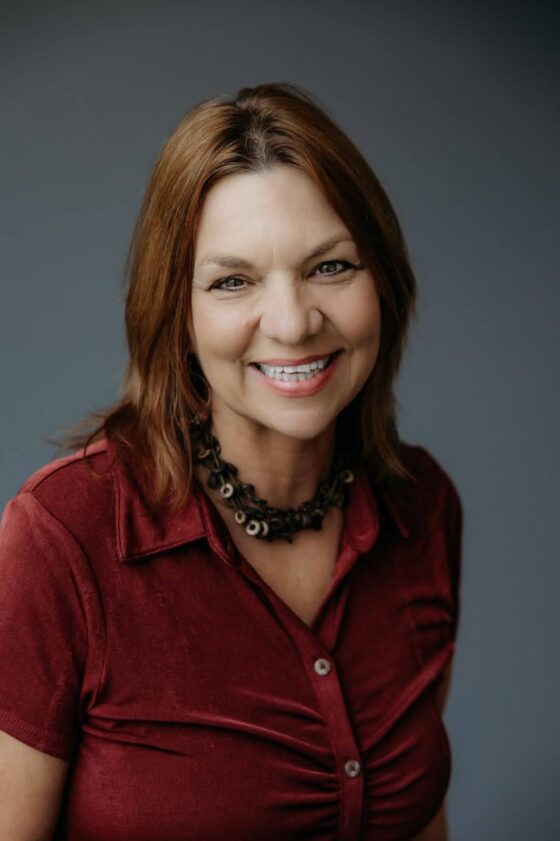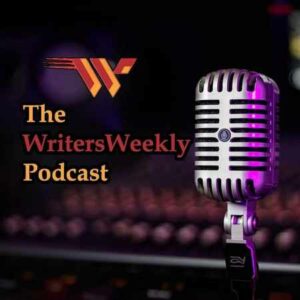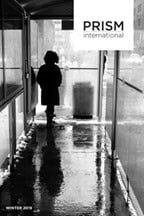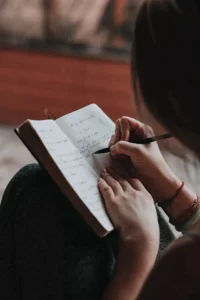The Hidden Cost of “Working Harder”: When Doing More Isn’t Enough
Another standout moment comes when Gormally reflects on how society rewards “strength” while ignoring the cost. “You’re so strong,” people say, even as the person they’re talking to is barely holding it together. The illustrations are almost clinically detached, which makes them hit harder. That subtle detachment mirrors the way trauma survivors often recount pain — factually, without embellishment — because it’s the only way to say it out loud.
In a crucial move, Gormally resists offering resolution. They do not claim to be healed, only healing. In the final chapter, they lie still in bed and write, “I can breathe.” The panels progress through all of the small but significant ways Gormally’s processing of their trauma has improved their quality of life. It’s not a tidy conclusion, but it feels honest. The work of healing, they suggest, is not about becoming someone else. It’s about being with yourself as you are.


